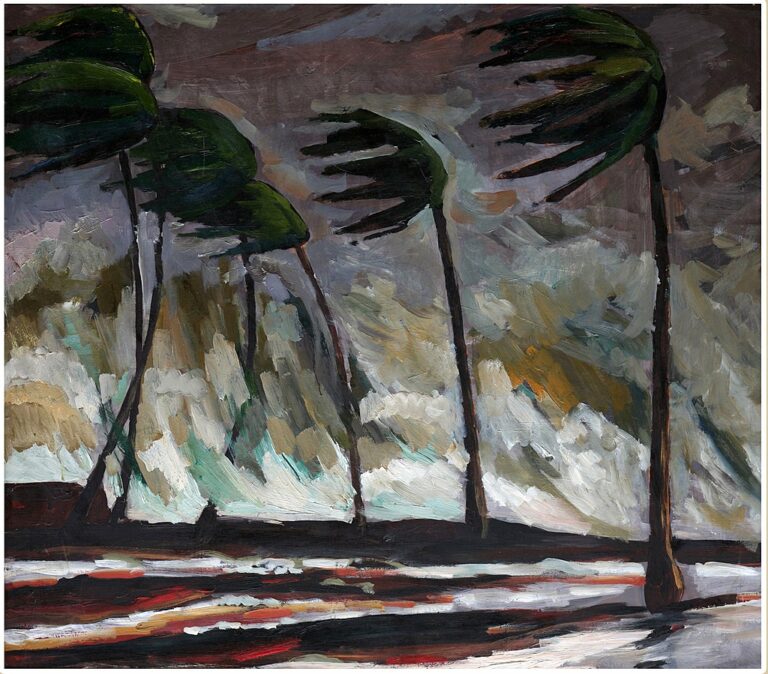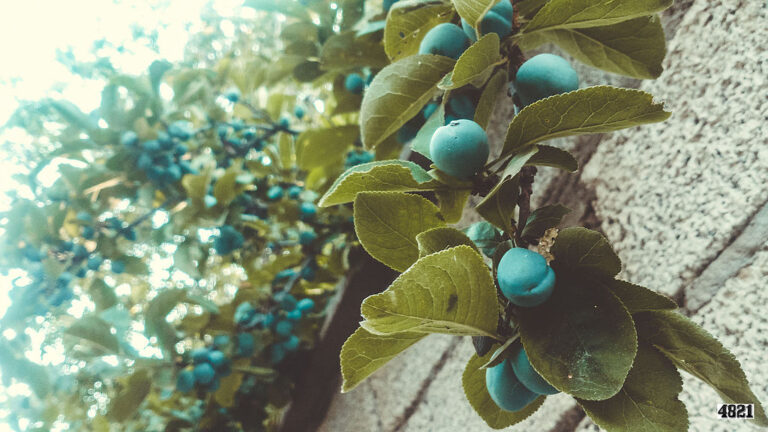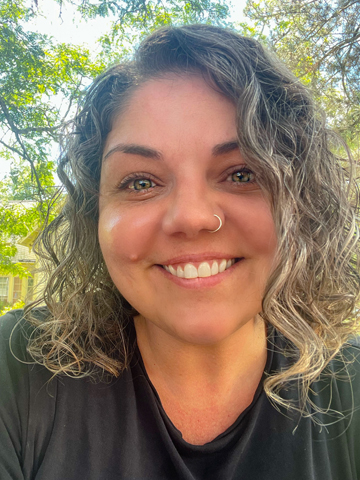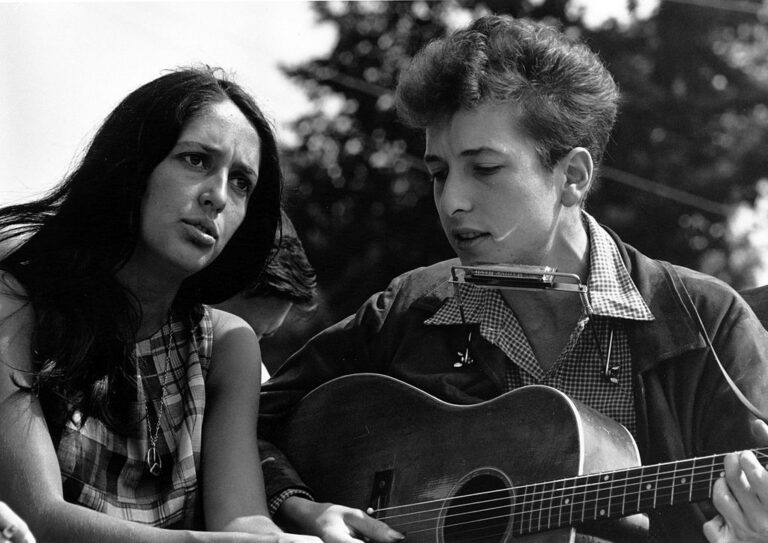darkness fell, and we knew what we were in for;
wind howled and we sheltered from the storm,
and crawling from beneath the fallen branches,
the shadows that poured down from above, we
counted ourselves lucky.
we saw the aftermath as we drove, the restless
capitalist machine resting for no man, woman,
child or otherwise, resting for no inclement
weather, no disaster of nature or man great enough,
but we count ourselves lucky,
and now as the sun regains its foothold in the
sky, we realize how right we are; we all are
safe, all are whole, all together and extol
not the human resilience, but the mercy of the storm;
we count ourselves lucky.
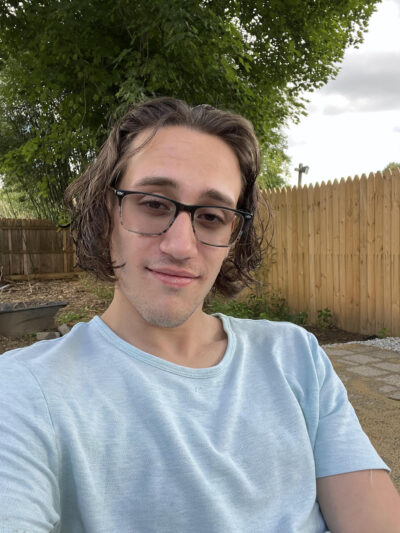
Ellie Cameron (they/she/he) (Twitter: @ellie_cameron1) is an emerging nonbinary, genderfluid writer and writing teacher. They hold a BA in Writing Arts with a concentration in Creative Writing from Rowan University. Their published work can be found at elliecameronwriting.wordpress.com.
Image: Ochir Kikeev, CC by 4.0. https://commons.wikimedia.org/wiki/File:The_Storm_in_Voradero.jpg, via Wikimedia Commons.
